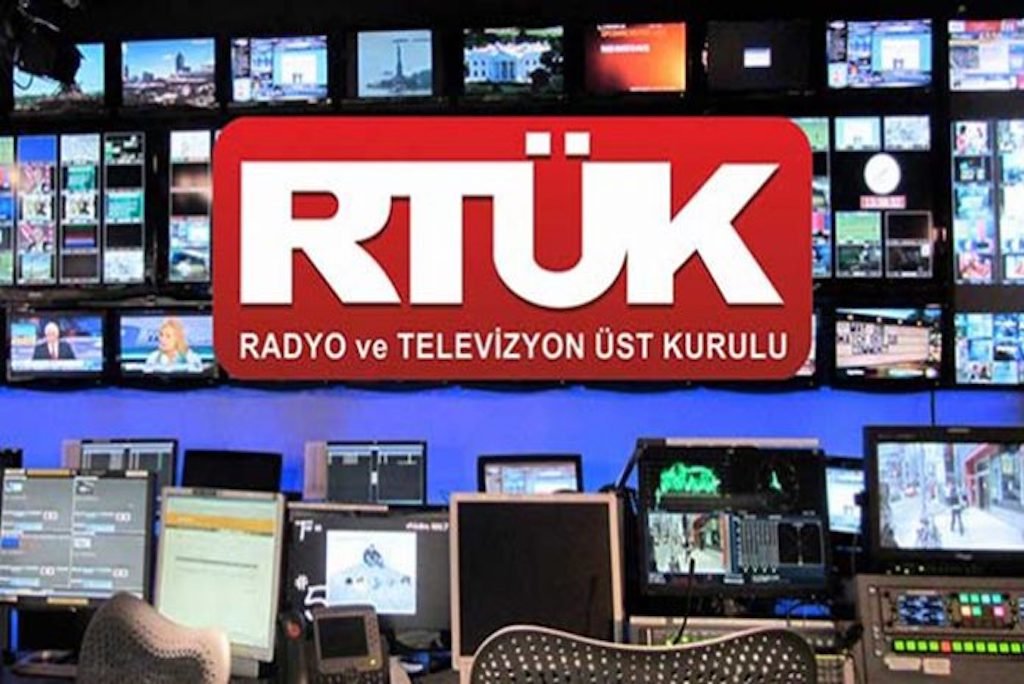The audio streaming platform Spotify, which faces a ban in Turkey if it does not abide by a government notice to submit a license application within 48 hours, is being targeted because of its podcasts covering Turkish politics, Turkish Minute reported, citing a former media watchdog member.
Faruk Bildirici, the former readers’ representative for the Hürriyet daily who currently writes a blog under the self-styled name of “Press Ombudsman,” claimed that Ankara’s unhappiness with the podcasts brought about the regulations targeting the company.
RTÜK’ün Spotify’a yönelmesinin nedeni müzik değil, oradaki Podcast’ler. Düşünce polisliğine tam gaz orada da devam etmeyi hedefliyorlar! Özgür alanlara alerjileri var! https://t.co/gcnUXOlZV8
— Faruk Bildirici (@farukbildirici) October 12, 2020
“The Radio and Television Supreme Council [RTÜK, the Turkish state agency for monitoring, regulating and sanctioning radio and television broadcasts] is targeting Spotify not because of its songs but because of its podcasts. They aim to continue the thought policing there, full speed. They have an allergy to free spaces,” Bildirici tweeted on Monday.
A statement by RTÜK cites a regulation that entered into force in August 2019 which requires that all streaming services apply for licenses for a specified fee.
New legislation regulating social media took effect on October 1, with tighter restrictions and control over platforms such as Facebook, Twitter and YouTube, presenting potential risks for dissidents in the country.
With the new law, Internet platforms with more than 1 million daily active users are obliged to open offices in Turkey and to remove content deemed offensive within 48 hours based on local court decisions. The social media companies will also be required to store user data locally, raising privacy concerns as it means they will be providing prosecutors with user data when required.
In the event of noncompliance with the regulation, they will face punitive measures, including the blocking of advertisements, fines of up to 40 million Turkish lira ($5.1 million), and a slowing of bandwidth by up to 90 percent, meaning in effect, inaccessibility to the websites.
The new regulation has raised concerns since one of the few remaining spaces for free public debate could be lost in the country, which has already been under the tight control of the Justice and Development Party (AKP) government.







![[UPDATE] Turkey’s controversial cybersecurity law officially in effect](https://stockholmcf.org/wp-content/uploads/2022/03/cybersecurity-218x150.jpg)







